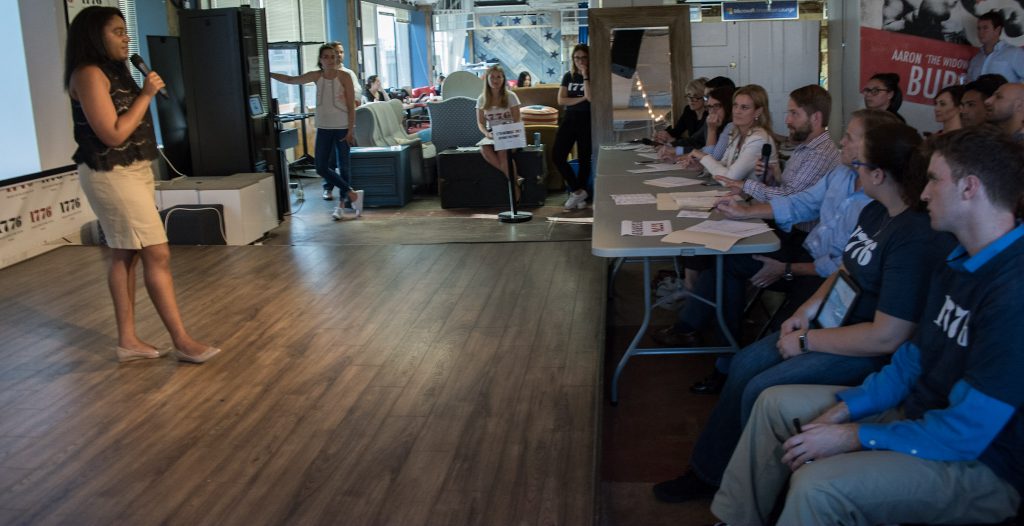With reports confirming that the patient details of any Australian are now illegally available for as low as $30, leading blockchain startup Patientory is urging global healthcare industry to secure their patients’ health data with with blockchain.
“Healthcare organizations have done an amazing job digitizing and securing healthcare data, but there is more work to be done,” says Patientory Founder and CEO Chrissa McFarlane. “The technology exists to put an end to data breaches like this. Working together, we can make the idea that an individual’s health records can be purchased on the black market for as low as $30 a distant memory.”
McFarlane goes on to urge healthcare IT to quickly move toward adopting blockchain.
- Instead of having one central administrator act as a gatekeeper to data, blockchain deploys one shared ledger spread across a network of synchronized, replicated databases visible to anyone with the authorized access.
- It is virtually impossible for a cyber criminal to hack one block in the chain without simultaneously hacking every other block in the chain’s chronology.
- This makes blockchain incredibly appealing to not only store a patient’s entire health history, but determine who should have access to it.
Patientory’s own advanced blockchain-secured healthcare app will let users create a patient profile to keep track of their health history. The free-to-use app will provide patients with an easy and hassle free way of tracking doctor visits, medical bills, personal medical information, insurance, immunizations and pharmacy medications. Furthermore, it will remove the possibility of having this data held to ransom by cyber criminals.
When Patientory is administered and implemented correctly, there is a minimal possibility that unauthorized access to patient data can be gained. It achieves HIPAA Security Rules by maintaining a security compliance team, protecting relevant electronic systems and using encryption to control data access.
With cyber attacks projected to cost hospitals $305 billion USD within four years, the need for secure patient data has never been more clear. Medical information can be worth ten times more than credit card numbers on the deep web. Fraudsters can use this data to create fake IDs to buy medical equipment or drugs, or combine a patient number with a false provider number and file fictional claims with insurers.
“By 2021, 1 in every 13 patients will experience a compromise of their personal medical data by hack,” says McFarlane. “The question is not ‘if,’ but ‘when’ But the answer can be ‘never’ if healthcare organizations act now.”
Learn More





